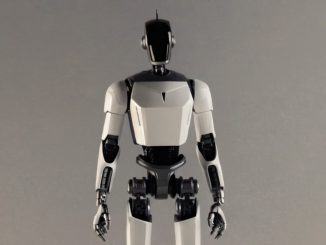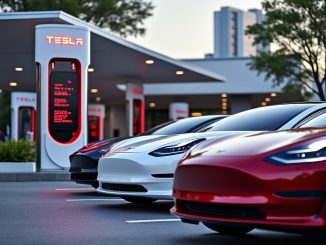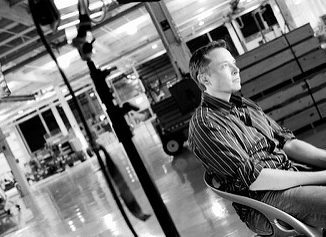
The U.S. legal system has once again found itself at the intersection of high finance, social media, and the visionary persona of Elon Musk after the 9th U.S. Circuit Court of Appeals upheld a jury’s verdict absolving him and Tesla (TSLA) of misleading investors with his infamous 2018 tweet.
This decision reaffirms the San Francisco federal jury’s February 2023 ruling, dismissing claims that Musk and Tesla were liable for the significant financial tumult following Musk’s declaration of having “funding secured” to take Tesla private.
The dispute centered around a series of tweets Musk sent on August 7, 2018. In the first tweet, he announced he was “considering taking Tesla private at $420 per share,” a price significantly above the market rate at the time, and claimed to have the necessary funding. A subsequent tweet later that day stated, “Investor support is confirmed.”
These statements led to a rollercoaster of Tesla’s stock price, initially skyrocketing due to the buyout prospect, only to plummet weeks later when it became evident that the privatization would not materialize.
The legal battle was ignited when shareholders accused Musk of misleading them. They argued that the instructions given to jurors by U.S. District Judge Edward Chen were misleading. Specifically, they claimed these instructions required them to prove Musk knew his statements were false, an unnecessarily high bar given Chen’s pre-trial ruling that Musk’s tweets were at least reckless.
However, the appellate court, in its ruling on Wednesday, clarified that while Musk’s recklessness was established, the question of whether he acted knowingly was pertinent for the potential apportionment of damages. This nuanced legal perspective was upheld, with the court finding no fault in how the jury was instructed, thereby rejecting the call for a new trial.
The case had significant implications beyond Tesla and Musk, touching on how corporate leaders communicate on social media platforms. Musk’s tweets, especially given his vast following and influence, have often blurred the lines between personal opinion and corporate disclosure, a gray area that this legal battle sought to clarify.
The financial stakes were high, with calculations suggesting investor losses could have reached up to $12 billion. Despite this, the legal outcome has left Tesla’s investors without a direct financial remedy from the company or its CEO for the volatility their investments endured.
The legal journey for Musk and Tesla regarding this tweet was not their first; earlier in 2018, Musk and Tesla had already agreed to a $40 million settlement with the SEC over the same tweets, with Musk stepping down as Tesla’s chairman for three years and agreeing to have certain tweets pre-approved by Tesla’s legal team.
Ellyde Thompson, representing Musk and Tesla, expressed satisfaction with the appeals court’s decision, while the plaintiffs’ legal team did not immediately respond to a Reuters requests for comment. This ruling closes a chapter on one of the more controversial episodes in Tesla’s history, underlining the complexities of corporate communication in the digital age, where a single X post (formerly known as a tweet) can have widespread financial ramifications.
- Bulenox: Get 45% to 91% OFF ... Use Discount Code: UNO
- Risk Our Money Not Yours | Get 50% to 90% OFF ... Use Discount Code: MMBVBKSM
Disclaimer: This page contains affiliate links. If you choose to make a purchase after clicking a link, we may receive a commission at no additional cost to you. Thank you for your support!




Leave a Reply